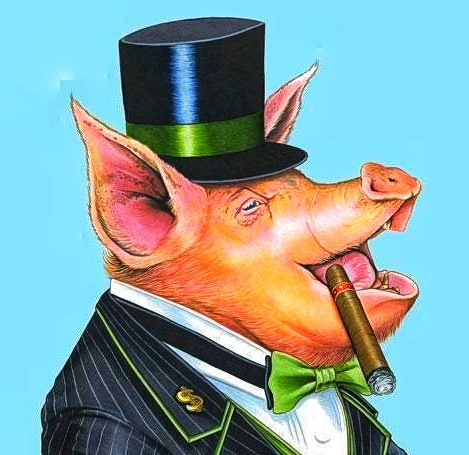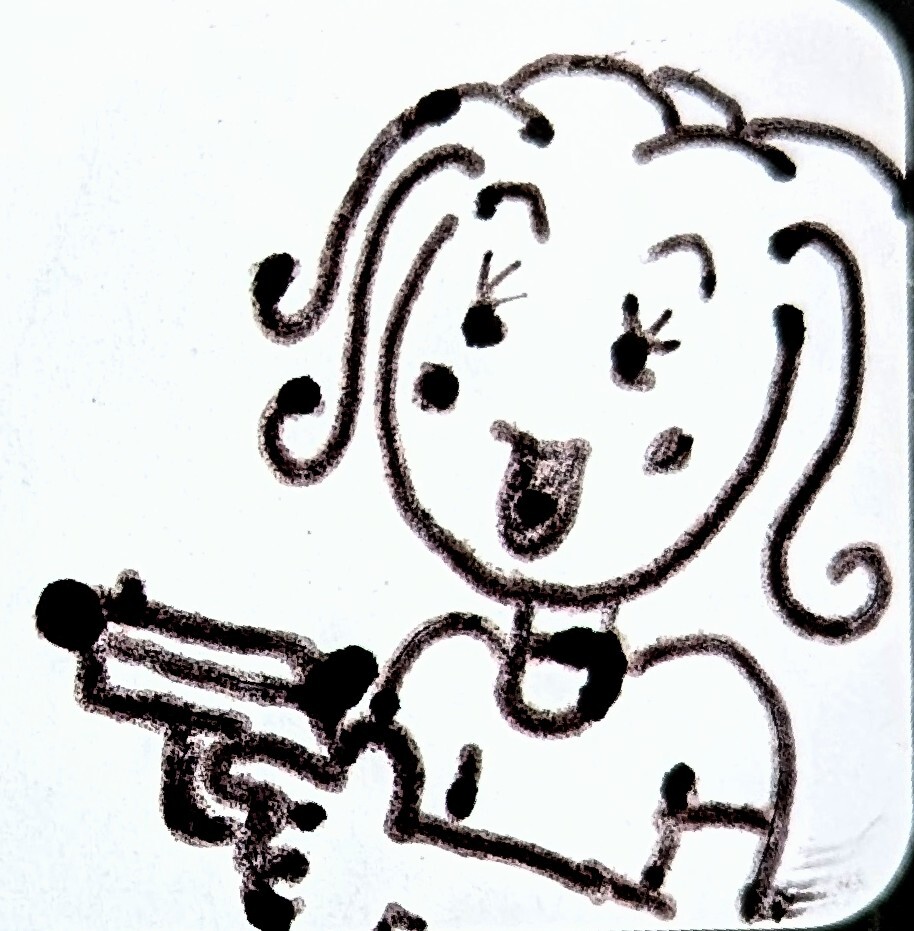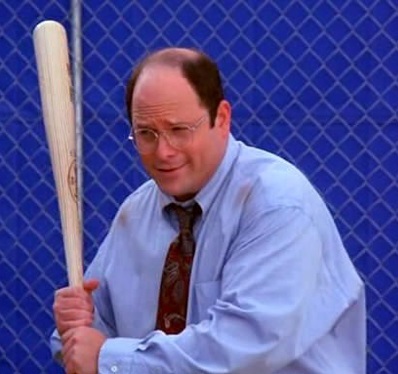From that new Dawn of Everything book.
Not sure if it's the same group and concept, but I've read about the idea of "sacred clowns" in some native american traditions, where you have an organization of people whose entire role is to be chaotic assholes to everyone (within specific limits, obviously) and especially towards outsiders. Like during a big ceremony they'll go around terrorizing newcomers and demanding things from them, and there are specific modes of response (namely treating them with disdain but still providing an offering) that have to be given (showing that someone is at least educated enough about their traditions to know them) and anyone who responds wrong is then harassed until they leave. That sounds sort of like the concept of "clown police."
Like when they're guarding ceremonies it's sort of a check against the sort of white academic tourist who knows nothing about their culture (or any other uninvited guest) and thinks if they're just civil they can go anywhere they please, while anyone who was actually invited by the tribe would have been briefed on how to respond.
Edit, trying to track down what I'd read and I think this answer in an old askhistorians thread where an historian talks about both the concept and their own experiences with them is it. Here's a brief excerpt about that, though they go into more detail elsewhere in the post:
I have some personal experience with this as well (more than 20 years ago). I was invited while doing field work to return the following year and participate in a community healing ceremony (a Sun Dance) in the 1990s hosted by Assiniboine people from the US reservations and Canadian reserves just across the Montana border. I met members of two different "Clown Societies," one Assiniboine and the other Piikani (southern Blackfeet), who acted as "marshalls" for the ceremony. They dressed in crazy paint and costumes, lurched around the grounds (completely sober, mind you) confronting outsiders and miscreants, and generally acted like gadflys (in the service of allowing the doctors, dancers, and the afflicted to dance and pray unmolested by curious onlookers). They ran an anthropologist and his grad students from Toronto off, they picked up trash and gave people littering a terrible time, and they made sure people in the surrounding area weren't drinking. They didn't dance themselves (although many had in the past), and they didn't enter the arbor, but they did run sweats to cleanse dancers before the ceremony, for everyone after the ceremony, and for anyone else that needed a sweat.
So that's from a different region and different traditions, but it sounds like a similar concept.
I think he elaborates a tiny bit more in a future chapter. Basically just festival police to monitor behavior during sacred events while also doing so in an entertaining way, I think? It's not super clear but the point is that they are not a permanent authority so they do things in a non-serious way so people don't hate them for the rest of the year.
being arrested by the three stooges :the-pigs::bunny-cop::pigmask:
Bonus scheme of clown hierarchy from his other book I stumbled upon trying to figure out wtf is clown police. Still have no idea...
If you can chew into that other book, he'll get into the thick of it. It's kinda hard to grasp but KobaCumTribute has a good example of what he's talking about.
The only way to stop the violent clown police is with a violent clown Marx :markkks-juggalo:
violent clown police
damn, yts really do be appropriating Pacific NW Native culture...





